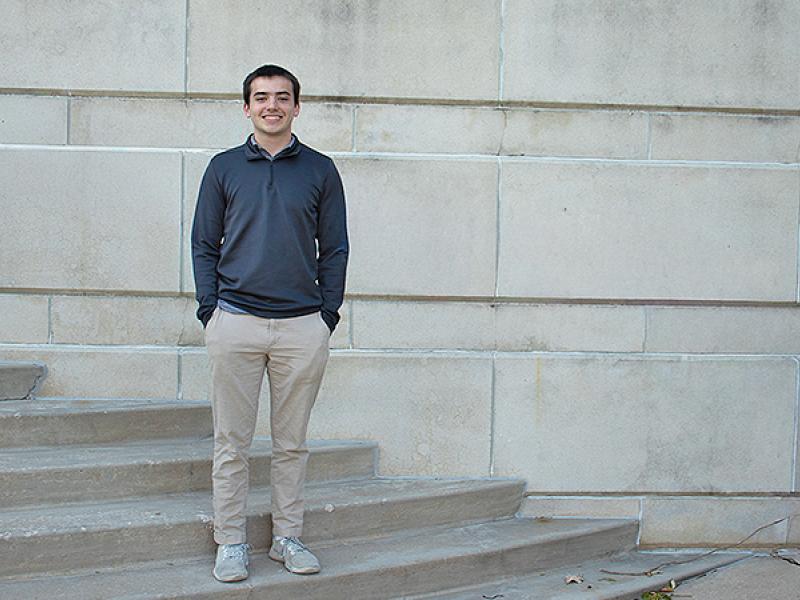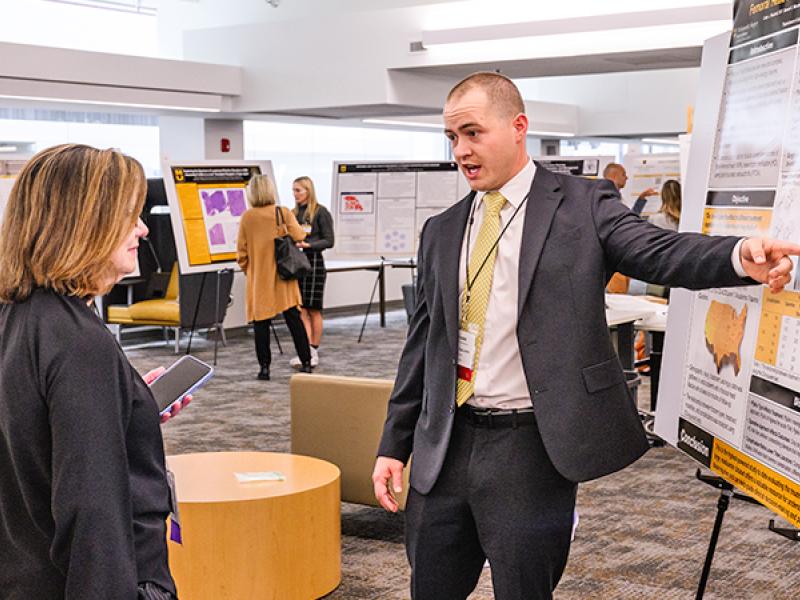SHOW-ME supports the collection, analysis and sharing of information by serving as a hub for a variety of applications, from data management tools to social networking sites for scientists.
NextGen Biomedical Informatics (BMI)
NextGen Biomedical Informatics (BMI), as part of the NextGen Precision Health Initiative and Data Science and Analytics Innovation Center (dSAIC), provides informatics expertise and capabilities to support translational and clinical researchers at all four University of Missouri System campuses, affiliated organizations and external partner organizations.
The methods and tools developed and maintained by BMI allow our research collaborators and clients to store, integrate, query, analyze and visualize complex data sets. NextGen BMI works closely with the MU Health Care and partner health systems in making clinical data available for research.
Research Policies
Researchers can view current University of Missouri policies and guidelines using the link below.
RESEARCH POLICIES AND DOCUMENTS
iThenticate
iThenticate is a text recognition software that checks a manuscript or proposal against published literature to identify both legitimate duplication (e.g., literature citations) and inappropriate use of text (e.g., plagiarism, redundant publication). iThenticate was developed by the company that created the Turnitin system used to verify originality of student work on many campuses including at MU.
Users can upload manuscripts, grant proposals, and other professional works into iThenticate, which then compares the work against its database of over 50 billion web pages and 130 million content items, including 40 million works from 590 scholarly publishers.
Secure4 HPC Environment
The Secure4 environment is a high-performance computing (HPC) cluster for researchers who need to store/use Data Classification Level 4 (Health Insurance Portability and Accountability Act or HIPAA) data.
Specimen Resource Locator
The Specimen Resource Locator (SRL) is a database designed to help researchers locate resources that may have the samples needed for their investigational use. This database is publicly searchable and includes information about biospecimen banks and sample procurement services. Investigators can search the database and gain access to thousands of specimens of various tumor, organ and preservation methods.
Stroke Registry
The stroke registry directly affects research with humans by fostering an interactive community of scientists and clinicians. This project also benefits researchers working with animal models of stroke by presenting new opportunities for interdisciplinary and inter-institutional collaboration. Investigators can make a request for research participants.
Stroke Registry Data Request Form
NIH Fellowship Supplemental Funding
Based on input from the SOM Research Council, the Dean’s Office would like to take steps to incentivize applications for NIH Fellowships (F30: MD-PhD; F31: Pre-doctoral Fellows; F32: Post-doctoral Fellows). Currently, these NIH Fellowships do not fully cover stipends and associated costs which creates a financial disincentive for mentors to sponsor trainees in these programs. Therefore, to facilitate fellowship applications, the SOM Dean’s Office will provide a fellowship supplement (gap funding) in situations where the faculty mentor and/or the department are unable to do so:
- F30 Fellowship Supplement = $2,000
- F31 Fellowship Supplement = $2,000
- F32 Fellowship Supplement = $5,500
The primary intent of this program is to facilitate an exceptional learning environment for pre-doctoral and post-doctoral trainees and to enhance the research culture within the SOM.
To obtain these supplements, faculty mentors can complete the NIH Fellowship Supplement Request Form on the SOM Research site (web address) and submit to the SOM Grants CARe Team along with the other F-type application materials.






